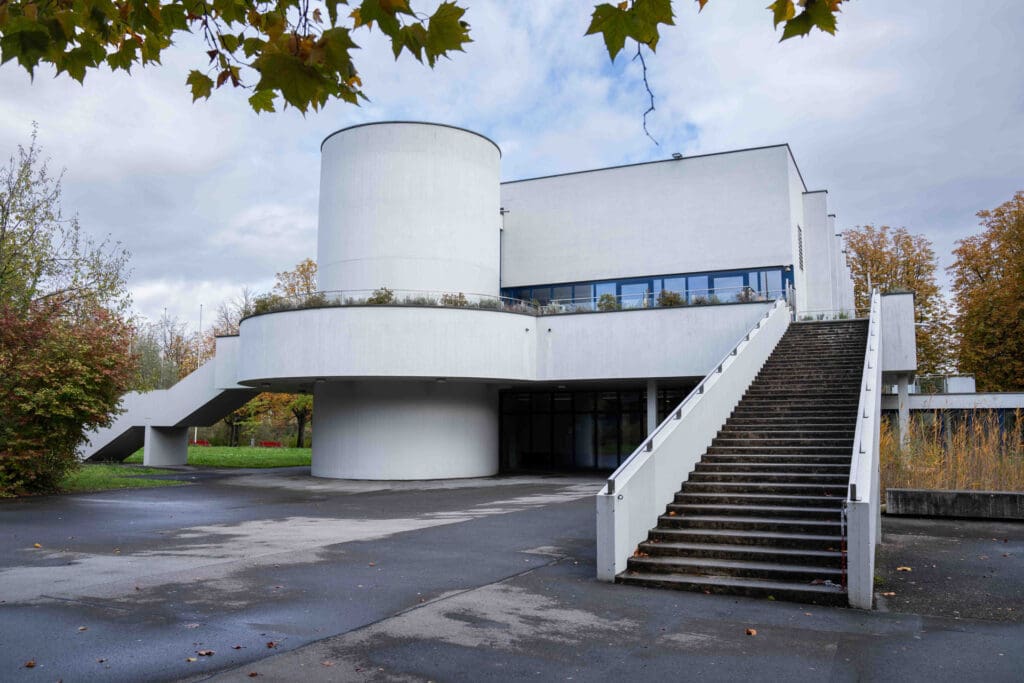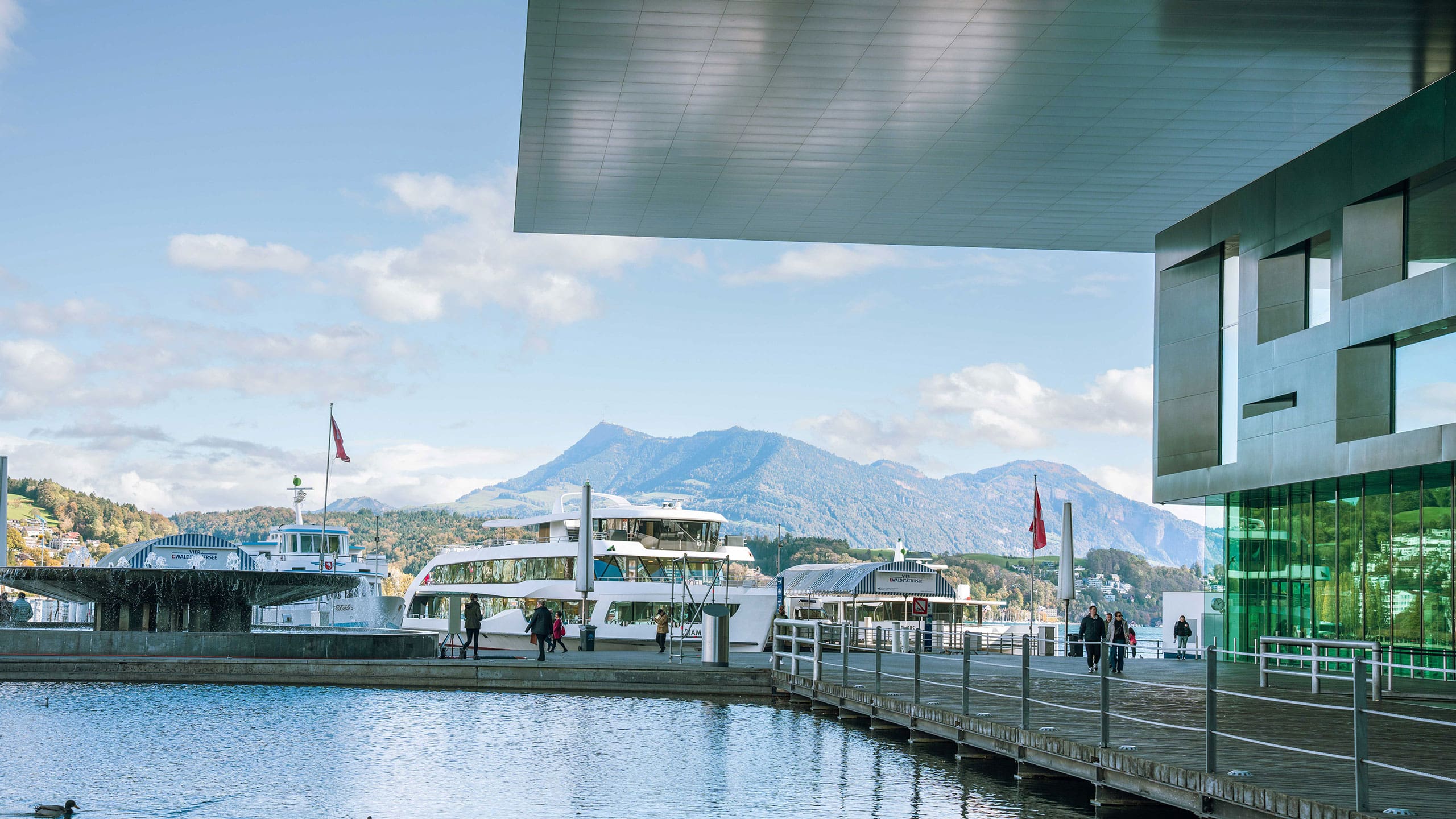The educational institutions in the canton of Lucerne are of a high quality standard and offer first-class education for children and young adults. Compulsory education – the “Volksschule” state-run compulsory schooling – usually lasts eleven years and is generally free of charge. As well as state-run compulsory schools, there are also private schools, but these have to be paid for. The state schools are run by the 80 Lucerne municipalities, so are usually very centrally located in individual communities and conveniently and safely accessible on foot or by bike. State schools are smaller compared to other countries, giving them a much closer-knit set-up. The grammar-type schools (called cantonal schools) are run by the canton and are well spread throughout the region.
Organisation and responsibility
Switzerland has three successive levels of education:
- Compulsory education (“Volksschule” state-run compulsory schooling: pre-school, primary school and lower secondary school)
- Vocational basic education or secondary school (upper secondary level)
- Universities of applied sciences/universities and higher vocational education (tertiary level)
The state is responsible for all three levels, with duties and responsibilities divided between the federal government, the cantons and the municipalities. School systems can therefore differ slightly between individual cantons and municipalities. However, state-run compulsory schools in the German-speaking cantons of Switzerland all follow the standard “Curriculum 21” (“Lehrplan 21”). This is split into three cycles.
Compulsory education
The canton of Lucerne has 10 to 11 years of compulsory schooling for all children from the age of 5. This compulsory education promotes the personal development and education of children with the aim of fostering their individual abilities. Parents and guardians are responsible for their children’s compulsory education, either through attendance at state schools or through alternative educational routes using state-approved private schools. Newly resident children up to age 16 have the right to enrol in compulsory schooling.
Education after compulsory schooling
Once they have completed compulsory schooling, young people in Lucerne have a variety of training routes open to them. One popular option is basic vocational training, often in the form of an apprenticeship. This work-based education enables learners to acquire valuable skills in their chosen field. Moreover, the apprenticeship serves as a stepping stone to higher vocational education.
Another important stage along the educational career path is the vocational baccalaureate (“Berufsmaturität”), which can be obtained during or after an apprenticeship. Holders of the vocational baccalaureate can attend universities of applied sciences (UAS).
Around 20 percent of young people in Switzerland opt for an academic baccalaureate (“gymnasiale Maturität”). This educational pathway prepares them for studying at university and provides a broad general education. The academic baccalaureate makes it possible to specialise in a field of study at universities and pursue an academic career. Tuition fees are low by international standards.




